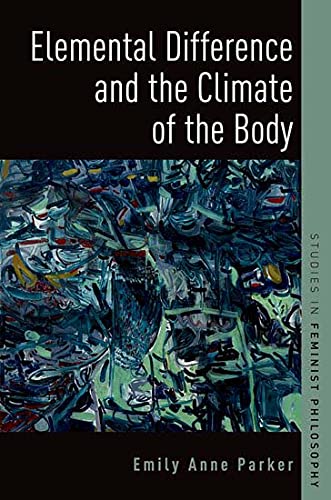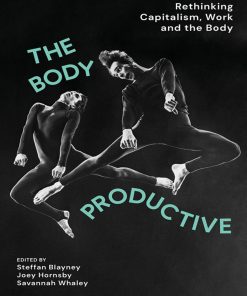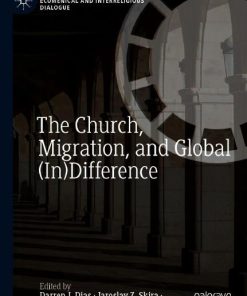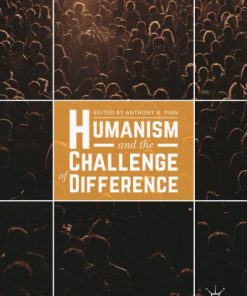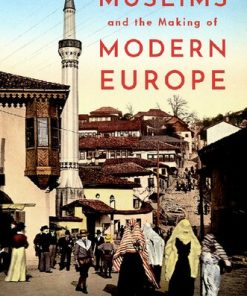Elemental Difference and the Climate of the Body 1st Edition Emily Anne Parker
$50.00 Original price was: $50.00.$25.00Current price is: $25.00.
Elemental Difference and the Climate of the Body – Ebook Instant Download/Delivery ISBN(s): 9780197575086,0197575080
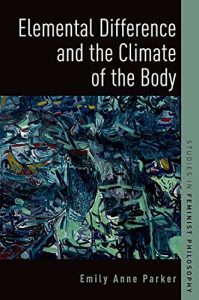
Product details:
- ISBN-10 : 0197575080
- ISBN-13 : 978-0197575086
- Author(s): Emily Anne Parker
In nineteenth-century Europe, differences among human bodies were understood to be matters of scientific classification. At the height of scientific acceptance, it was unthinkable that race or sex or diagnosis or indigence were invention. Today, however, differences among human bodies are understood as matters of social construction. The philosophy of social construction understands differences among humans to be matters of human imposition. Social constructionism’s way of understanding the origin of differences among humans is so well-established as to have no currently viable alternatives, even among new materialists, social constructionism’s most ardent critics.
This book argues that new materialists and social constructionists share a distinction between the political and the ecological. Emily Anne Parker centers her argument on the philosophical concept of the polis, according to which there is one complete human form. It is this form that is to blame for our current political and ecological crisis. Political hierarchies and ecological crises are often considered to be two different problems: for example, many speak of parallel problems, climate change and racial injustice. Parker argues that these are not parallel crises so much as one problem: the polis.
Table contents:
Introduction: Toward a Philosophy of Elemental Difference
I.1. Putting Together Performativity and Political Ecology
I.2. Outline of the Book
Part I: A Philosophy of Elemental Difference
1. A Revised Irigarayan Study of the Hierarchy of Form and Matter, This Time without Sexual Difference
1.1. The Problem: Irigaray’s Biocentrism
1.2. The Promise: Elemental Difference, Neither Form nor Matter
2. Performativity and Political Ecology, Matter’s Politics
2.1. What Is Social Construction?
2.2. The First Problem with Performativity: Karen Barad’s Critique (the Political Ecology Critique)
2.3. The Second Problem with Performativity: Saidiya Hartman’s Critique (the Performativity Critique)
3. Latour’s Modern Is Fanon’s Manichaean
3.1. Bruno Latour, “The Modern Critical Stance,” and the Two Great Divides
3.2. Frantz Fanon: The Modern Is Manichaean
3.3. Undoing the Polis, Affirming Elemental Difference
Part II: The Climate of the Body
4. Sylvia Wynter and the Climate of Biocentric Man
4.1. Biocentric Man as Agency, Biocentric Man’s Classifications: The Performative Account of Climate Disruption
4.2. Wynter’s What It Is Like to Be Human: The Performativity of Genre
4.3. Hybridity in Sylvia Wynter and Bruno Latour
5. The Problem Is the One, the Body
5.1. Performativity and Political Ecology, Polis and Oikos
5.2. What It Is Like to Be Human: Genre and Elemental Difference
5.3. The Ecological of the Body Is a Denial of Elemental Difference
Bibliography
Index
People also search:
what are the elements weather
what are climatic elements
elemental composition of the human body
elemental breakdown of the human body
elemental carbon and simple organic compounds
elemental composition of the earth
an elemental molecule
You may also like…
Uncategorized
Politics & Philosophy - Politics
The Body Productive Rethinking Capitalism, Work and the Body 1st Edition Steffan Blayney
History - World History
The Church, Migration, and Global (in)Difference 1st edition
Politics & Philosophy
Uncategorized
Politics & Philosophy - Anthropology
Thrillers & Mystery
Science Fiction - Fantasy Fiction


